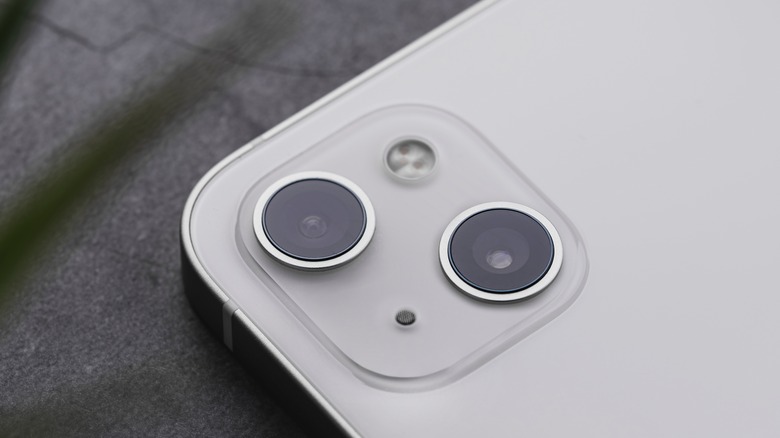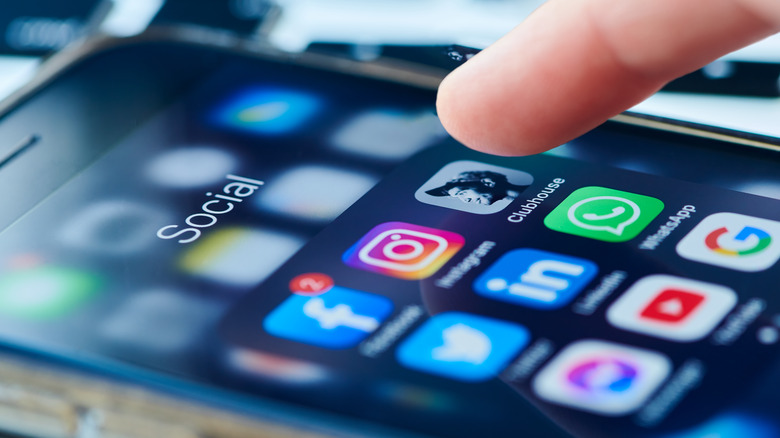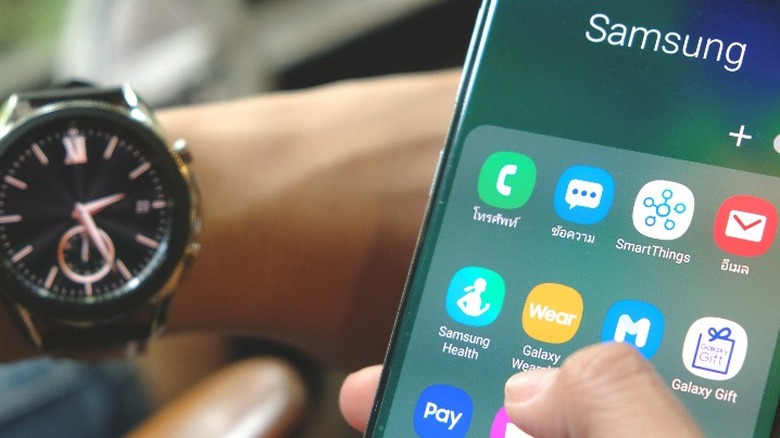Never Give All Your Apps Camera Permission. Here's Why
Picture this: There's a new PC game that everyone has been going crazy about for two weeks. You decide to download the app for the game onto your computer to see if its appeal makes the game worth sinking every waking hour into playing. But before you even start playing, it asks you to give the company that developed the app permission to use your device's camera. The game in question doesn't seem like the type to require players to take pictures of themselves in a manner similar to Snapchat or Instagram, so why would it require permission to access your webcam?
It sounds fishy for a game app to request camera permission from you, but it's not an uncommon practice in the digital age, where cybersecurity concerns are endless. However, the camera request window gives you two choices — click "Allow" or "Do Not Allow." Since the request made no sense to you, your best option is the latter.
Here's why you shouldn't give apps camera permissions
There's a good reason why you should never give every single app you download camera permission. Verimatrix COO Asaf Ashkenazi told The Washington Post in November 2021 that permitting an app to access your camera means forfeiting your privacy to the company that created it. Some tech companies may be trustworthy enough to protect the data their apps record from cybercriminals, but there are other companies that misuse the camera permissions to secretly turn on your camera at any time and record everything that's going on around you — even when you're using the bathroom.
It's one thing for an app to request camera permissions for legitimate reasons, like taking a photo, scanning a QR code or, in Android's case, to use the Camera Switch feature for ease of accessibility, but when it uses your camera to record your activities even when you're not functionally using your camera, that becomes a serious privacy issue. In 2017, iOS developer Felix Krause shared a video on YouTube demonstrating how any app you download onto your iPhone can take pictures of you while you're using it and share them immediately without your consent. Apple has since addressed the issue with the launch of iOS 14.
Camera permission systems are more refined
Samsung and Google also stepped up on their mobile security protocols after finding a bug in an inconspicuous app that hijacks camera apps to spy on users in 2019. That app didn't need camera permission per se, it needed storage permissions. Even so, Google deployed Android 6.0 Marshmallow, which came with a refined permissions system that would grant access to cameras on a case-by-case basis. That means apps that had no business accessing cameras in the first place would have to ask permission to do so.
Even with all software updates designed to prevent apps from abusing camera permissions, there are still ways you can protect yourself from having your data compromised. If you're using an app on your PC, the best thing is to use a camera cover or a Post-It sticky note. If you're on your phone, you can simply revoke camera permissions the minute you download the app.


